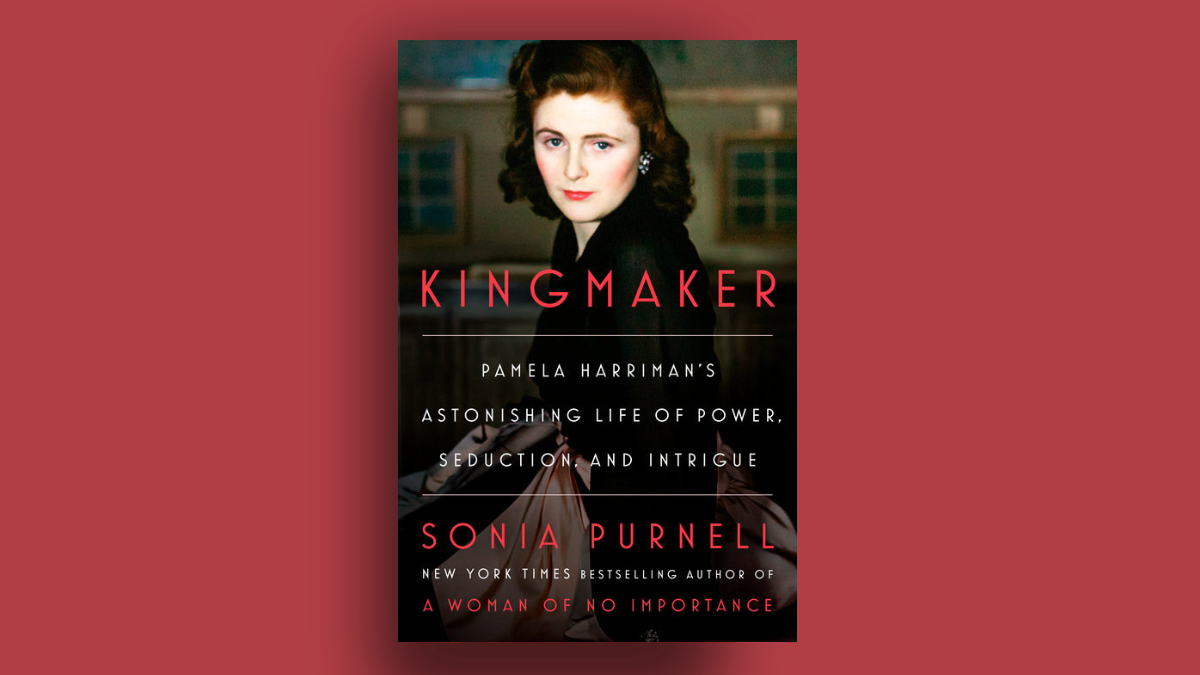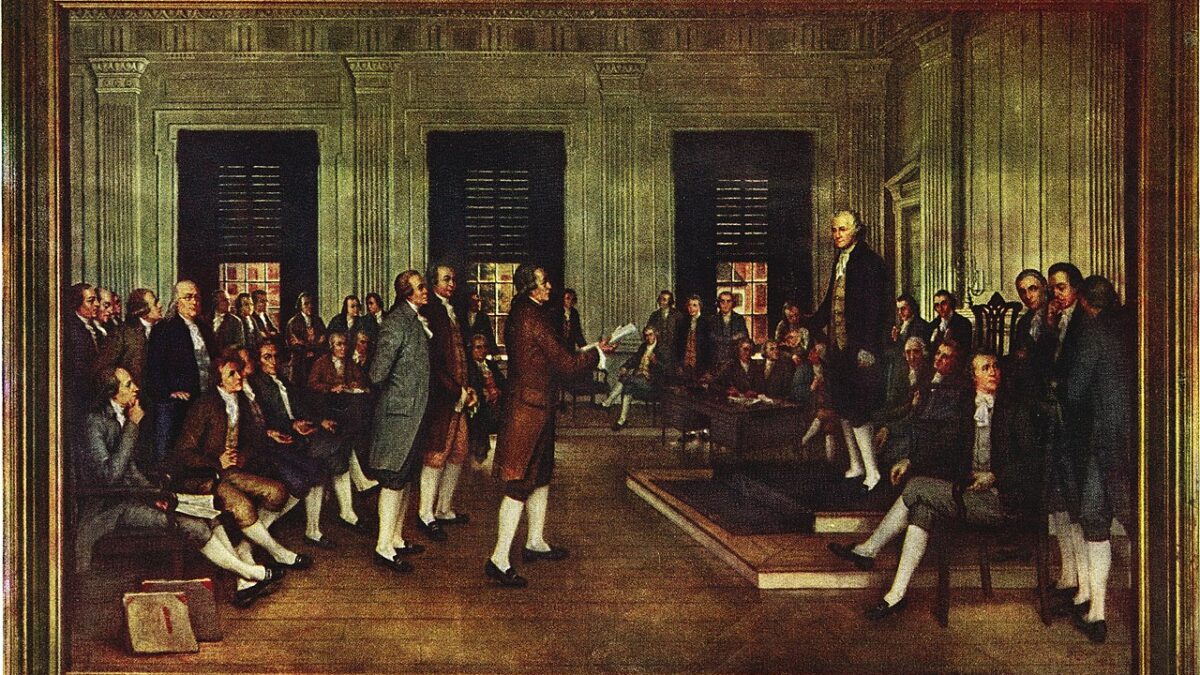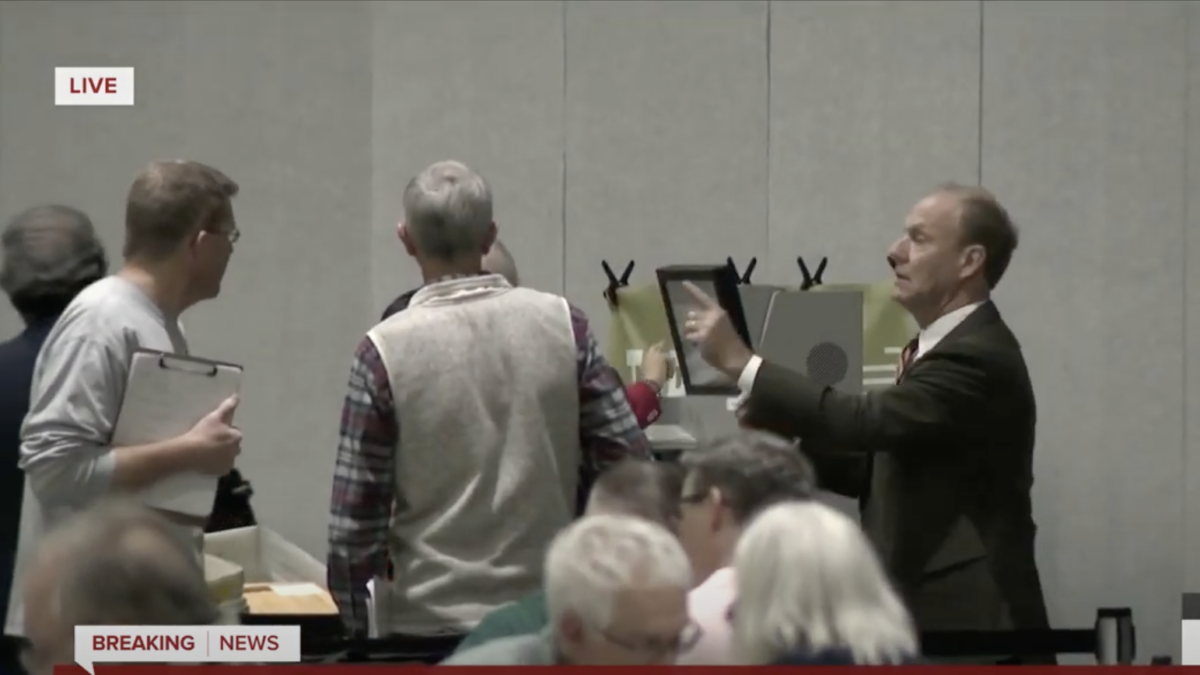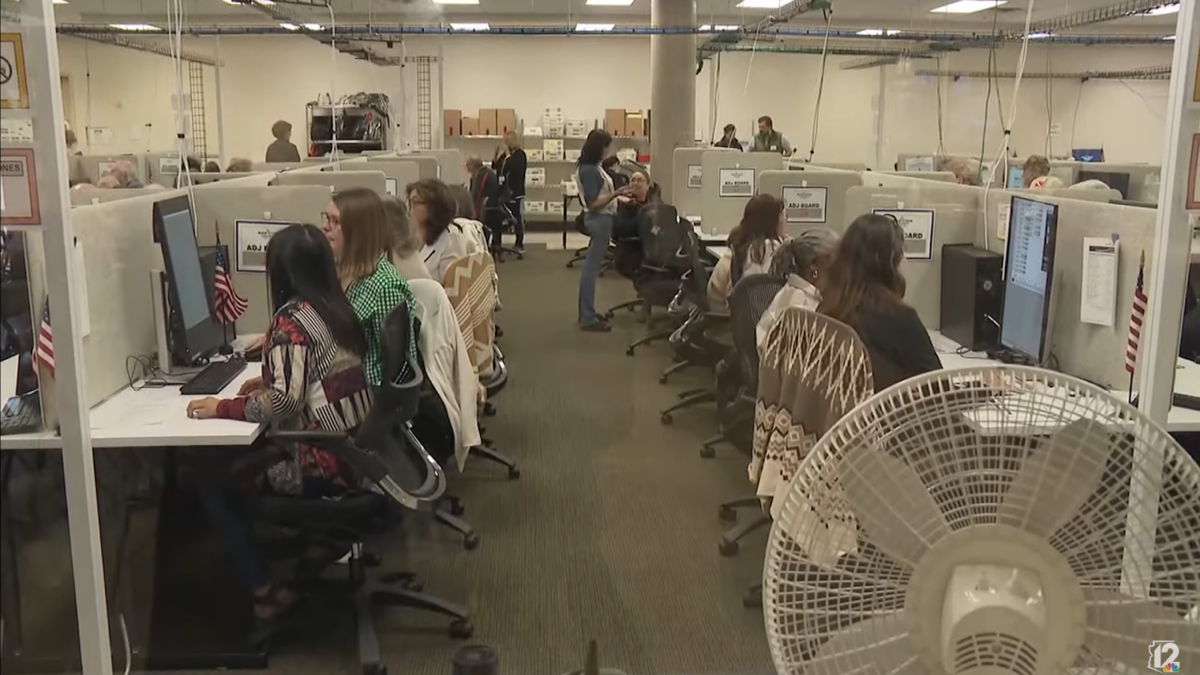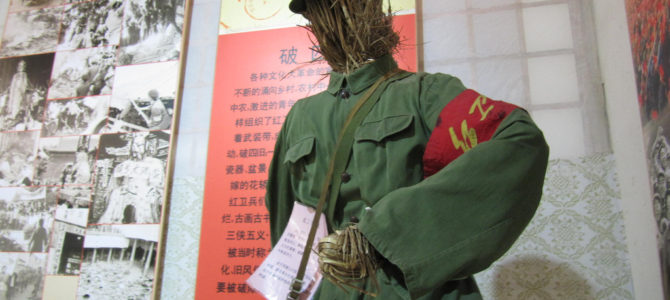
As the calendar gets closer to the 100-year anniversary of Russia’s Bolshevik Revolution, The New York Times once again is proving itself Communism’s greatest apologist.
It has published a series of opinion pieces glorifying the most brutal ideology in human history by first arguing that women had better sex under socialism to now claiming China’s Communist revolution taught Chinese women to “dream big,” as if the ghost of Walter Duranty, who whitewashed Stalin’s brutality as the Moscow bureau chief of The New York Times, is still calling the shots.
‘Dreaming Big’—of Basic Medical Care and Food
In 1968, after Chinese youth helped Mao get rid of his political enemies, Mao decided to send these young people to China’s countryside to learn from the poor peasants. Thus he gave birth to the “Up to the mountains and down to the village” movement. About 17 million high school students and young adults were forced out of cities. Some were sent to the country; many were sent to the most remote and under-developed areas of China.
Aunt San was my mom’s youngest sister and the prettiest one. She was only 15 when she and her siblings were sent to the countryside, but they weren’t allowed to stay in the same village. The communists wanted to sever family ties so people could devote themselves 100 percent to the Communist Party’s causes.
Chinese farm work was very primitive, so everything was done by hand. Aunt San’s young and soft hands had never lifted anything heavy or touched anything filthy. Now, she had to toil in the fields like the other peasants. Every day, Aunt San marched to the fields with other young people, following the local farmers and singing cheerful revolutionary songs. In the fields, she had to plough, sow, rake, and weed. With a pole across her shoulders with a basket at each end, she carried human waste fertilizer.
No matter how hard she worked, she received the same amount of food rations as others. The food ration wasn’t enough even for a girl, so she suffered famine edema, painful swelling caused by malnutrition. She wasn’t alone. Some other girls couldn’t stand the hunger, so they traded their bodies to village leaders in exchange for extra food.
A year after Aunt San came to the countryside, she caught an infection in her left eye. The clinic in the village had only one staff member. Because he only knew how to deal with basic cuts, Aunt San asked the team captain if she could return to a city to get treatment. The team captain accused her of being a spoiled “Miss Bourgeois Aristocrat.” If she left, the captain threatened, the consequence would be very severe.
Aunt San had witnessed one village woman being forced to parade around the village naked, with nothing but two well-worn shoes tied around her neck. Her crime was that her husband was a landlord. Aunt San knew the captain wouldn’t hesitate to use her as an example to intimidate other students. All these threats and accusations were too much for a 16-year-old girl, so Aunt San stayed in the village and continued to work. Due to lack of medical treatment, she lost the sight in that eye.
Communism Kills Dreams and Dreamers
My mom told me Aunt San’s childhood dream was to be a performing artist. Had the Cultural Revolution never taken place, Aunt San could have been a dancer or learned to play piano with her tender fingers. Instead, harsh life in the village turned this delicate city girl into an ordinary farmer.
Since the eye infection had marred her beauty, she didn’t marry very well. Her husband, who’d only married her because he needed a woman, despised her looks, abused her constantly, and eventually left her for another woman. She raised her children by herself by working almost non-stop. When I first met her, she looked like my mom’s aunt rather than her younger sister.
When the sent-down youth were finally allowed to return to cities, Aunt San had a hard time finding a job since she had never finished high school. She did whatever it took to survive, including selling vegetables and pulling a rickshaw. Later, she took a job as a city sanitation worker, which was one of the dirtiest, lowest-paying jobs available. In 2012, just after she turned 60, she passed away.
Even though Aunt San passed away at a relatively young age, many people considered her lucky: She made it back to her hometown and reunited with her family. On the other hand, many young girls of her generation who went to either the countryside or to the northwest wildness were raped, starved, or even murdered. Many never saw their families again, and many never made it even to age 60. Their families never found out where they were buried. Joan Chen directed a movie about these “sent-down” girls. Maybe the NYT staff should do a companywide screening.
Had these girls lived in a free society, they could be teachers, doctors, dancers, or any profession they wanted to be. Communism didn’t teach them to dream big. Instead, it enslaved these young dreamers and killed their dreams, even took many of their lives.
Chinese Women Continue to Suffer Today
Unfortunately, my aunt’s generation wasn’t the last generation of Chinese women who suffered under communism. In 1979, the Chinese government implemented a severe one-child policy, which has led to millions of female infants being aborted, abandoned, or killed. I almost never made it to this world.
Both Chinese men and women of reproductive age have been forcibly sterilized as a result of the government’s stringent family planning policy. ”In one year alone, 1983, China sterilized over 20 million people, more than the combined population of the three largest US cities, New York, Los Angeles and Chicago.” Such compulsory sterilization and forced abortion left many Chinese women with health issues. Couples who managed to keep their second child usually had to pay a fine that equaled five to ten times both their annual salaries.
More than 30 years of such brutal policy has distorted China’s gender ratio to 115 males to every 100 females. By 2020, about 30 million Chinese men will not be able to find wives, which could lead to social unrest. Recognizing this severe consequence, the Chinese government changed the one-child policy to a two-child policy in 2015. A brave Chinese woman sued the Chinese government because the compulsory sterilization she had to go through in 2012 left her with so many health problems that she is unable to get pregnant again.
It was not Communism, but economic reform that has enabled Chinese women to dream big and achieve many successes in a variety of fields such as science, medicine, technology, and business. But even in 2017, Chinese women haven’t achieved the gender equality they were promised in 1949.
China is still a misogynist society. Rich and powerful Chinese men openly show off their girlfriends and mistresses outside of marriage. Government policy mandates that women retire up to 10 years earlier than men. China’s highest political power structure, the 25-person Politburo Committee, has only two women. It seems that Chinese women still have a long way to go to crack that bamboo ceiling.
There’s one area China treats women and men equally: China punishes female dissidents just as harshly as they punish male dissidents. When the late Nobel Peace Prize winner Liu Xiaobo was in prison, his wife Liu Xia was under house arrest. Since Liu’s passing, Liu Xia has been forbidden to leave China and few people know where she is.
Wu Rongrong, one of China’s “feminist five” activists, was arrested in 2015 and banned from leaving China for a decade. The ban was only recently lifted after she put up a highly visible legal fight in order to go to school in Hong Kong.
Communism enslaves both women and men. Enslavement shouldn’t be mistaken for empowerment.
Whitewashing Evil Is Itself Evil
Duranty served 14 years as the Moscow bureau chief of The New York Times. He reported Stalin’s propaganda as real news and whitewashed the regime’s brutality. While people in Ukraine were starving to death by the millions, he wrote that “Conditions are bad, but there’s no famine.”
His reports from Moscow won him the Pulitzer Prize in 1932. Many, especially Ukrainian-Americans, have called on the Pulitzer Prize Board to revoke Duranty’s prize and the Times to return it. But these reasonable requests have been denied.
About 20 million people died at Stalin’s hands. About 60 million died at the hands of Mao. In total, Communist regimes worldwide have killed about 100 million people over the last 100 years. It appears The New York Times hasn’t learned anything. It still serves as Communism’s loudest apologist.


